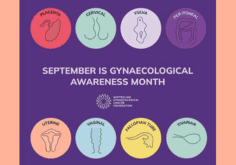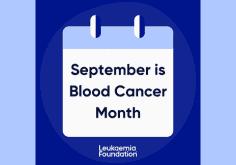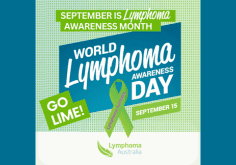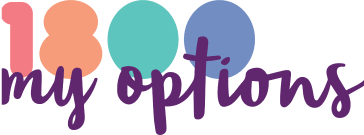Blood Cancer Awareness Month
According to the Leukaemia Foundation, blood cancer has increased by 47% in Australia in the past 10 years and 51 Australians are diagnosed with blood cancer every day.
What is blood cancer?
Blood cancer is a type of cancer that begins in the blood-forming tissues, such as the bone marrow, or in the blood itself. It can also start in the lymphatic system, which is part of the immune system. Unlike other cancers that form lumps or tumors, blood cancer affects how blood cells are produced and function.
Types of blood cancer:
- Leukemia: This type of blood cancer starts in the bone marrow, where blood cells are made. It leads to the production of a large number of abnormal white blood cells. These abnormal cells crowd out healthy blood cells and can cause problems with infection, bleeding, and anemia.
- Lymphoma: This cancer affects the lymphatic system, which is part of the immune system. The lymphatic system includes lymph nodes and other organs like the spleen and tonsils. Lymphoma starts in the lymphocytes (a type of white blood cell) and can form lumps in lymph nodes or other parts of the body.
- Myeloma: This cancer affects the plasma cells, which are a type of white blood cell found in the bone marrow. Myeloma leads to the production of abnormal plasma cells that can damage bones and affect blood cell production.
Symptoms
The symptoms of blood cancer can vary depending on the type, but common ones include:
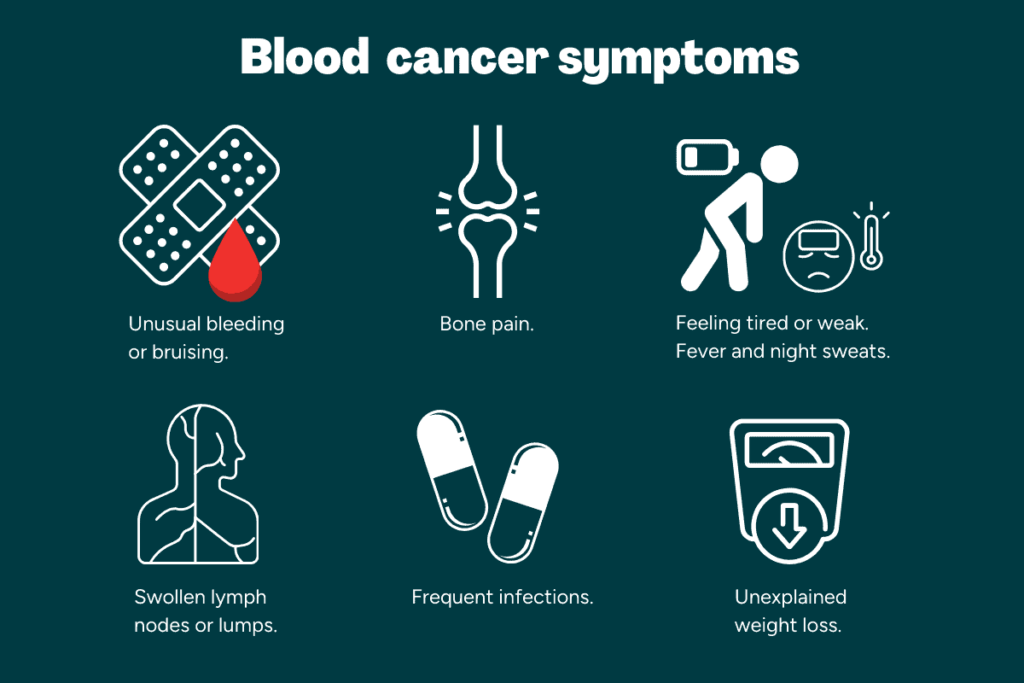
Detection
Doctors use several tests to diagnose blood cancer, including:
- Blood tests: To check the levels of different blood cells and look for abnormalities.
- Bone marrow biopsy: To examine the bone marrow for cancer cells.
- Imaging tests: Like x-rays, CT scans, or MRIs to see if cancer has spread.
Treatment
Treatment for blood cancer depends on the type and stage of the disease. Common treatments include:
- Chemotherapy: Powerful drugs that kill cancer cells or stop them from growing.
- Radiation therapy: Using high-energy rays to target and kill cancer cells.
- Stem cell transplant: Replacing damaged bone marrow with healthy stem cells.
- Targeted therapy: Drugs that target specific parts of cancer cells or their environment.
- Immunotherapy: Boosting the body’s immune system to help fight cancer.
Support, resources, further information
Leukaemia Foundation – offers comprehensive support services including practical and emotional care, accommodation, financial assistance, and counselling for blood cancer patients.
Myeloma Australia – supports individuals affected by multiple myeloma by providing patient support, a helpline, and educational resources.
Lymphoma Australia – provides patient and family support, educational resources, and a helpline to those impacted by Lymphoma.
Counterpart – Peer Support Volunteers Talk to a woman who has experienced cancer and has been trained to listen and support others experiencing cancer.
Counterpart – cancer types Visit the blood cancer section of this page for links to further information and resources.
